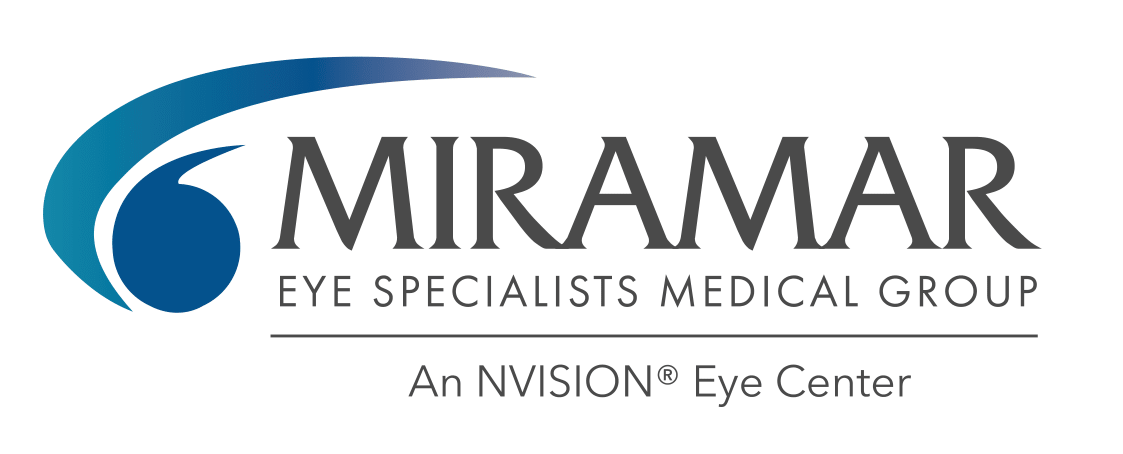Eye Care Services
COVID-19 Corona Virus Update: We ARE fully open.
- All our Equipment is sterilized per the CDC guidelines.
- If you are experiencing upper respiratory symptoms or a fever, or if you have traveled to an affected area, we kindly ask that you postpone any routine care.
For more information about our eye care services, please click on the links below. To place an order for contact lenses or browse and select your favorite frames 24/7 from your laptop or mobile device go to our Optical Department.
Glaucoma
Retina Treatments
Cataract Services
Cornea
Other Services
LASIK
Optical
Oculoplastics
Miramar Eye Specialists Medical Group are the first in Los Angeles area to have the Alcon “Heads-Up” system for retina-vitreous eye surgeries. Read about it in Ventura County Star.
To learn more about our Ophthalmology Services, please call us at 805.648.3085 to schedule an appointment!







